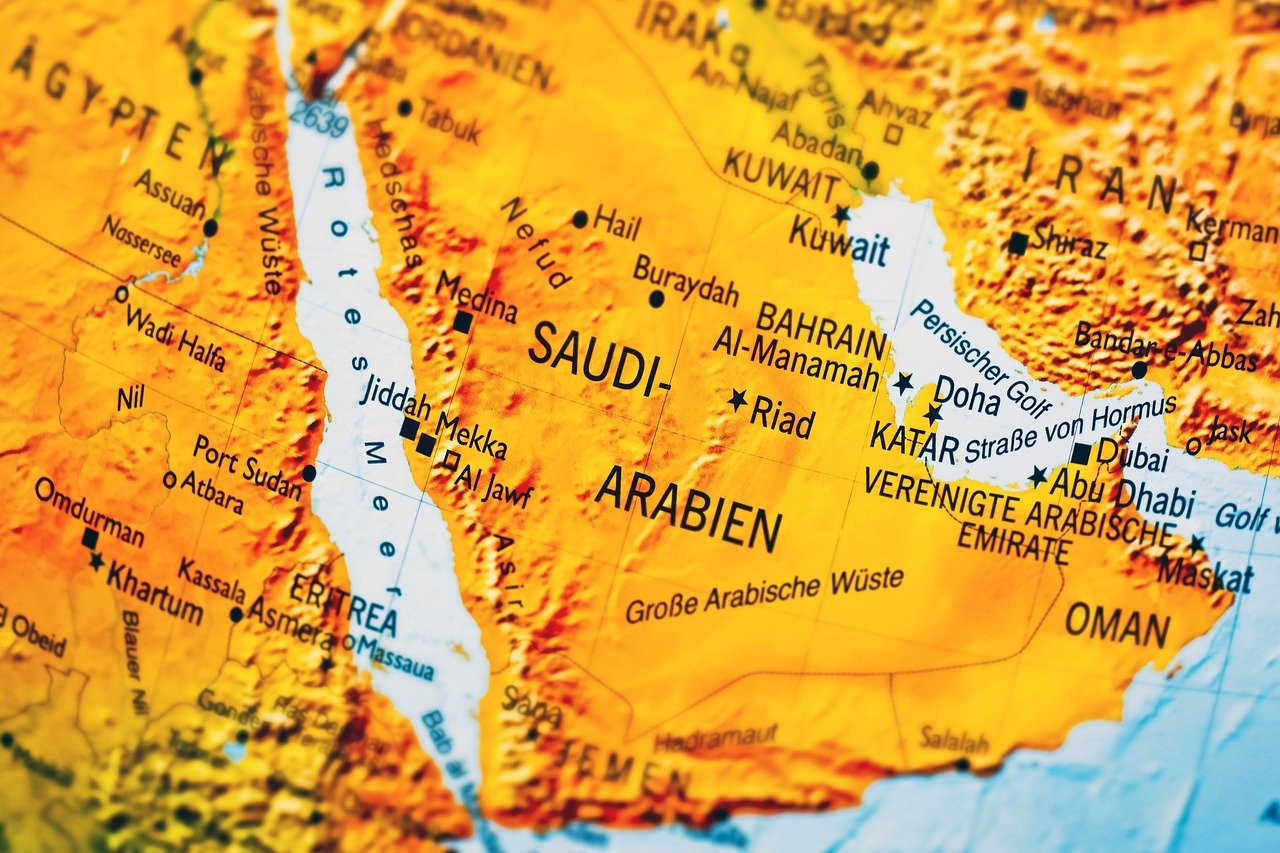Saudi Arabia is transforming rapidly, embracing foreign investment and expanding opportunities for international entrepreneurs. This article will dive into the latest regulations and steps for foreign ownership in Saudi Arabia, covering critical aspects, from the types of businesses foreigners can own to legal, financial, and operational requirements.

1. Overview of Saudi Business Climate
Saudi Arabia’s business environment has transformed in recent years as part of the Vision 2030 plan, aiming to reduce the economy’s dependence on oil. The Saudi Arabian General Investment Authority (SAGIA), now the Ministry of Investment (MISA), has made substantial regulatory improvements to attract international investments. Key sectors such as tourism, renewable energy, tech, and healthcare are particularly open to foreign participation.
2. Types of Businesses Foreigners Can Own in Saudi Arabia

Foreigners can operate in many industries but must comply with regulations specific to each sector. Here’s a breakdown of ownership structures and industries:
- Sole Proprietorship: Foreigners are generally not allowed to own sole proprietorships outright. Instead, they can establish companies under different structures.
- Limited Liability Company (LLC): The LLC structure is the most popular option for foreign investors, allowing for 100% foreign ownership in most industries, provided requirements are met.
- Joint Ventures: For sectors with partial ownership restrictions, partnering with a Saudi national or Saudi company may be required.
- Franchising: Franchising is increasingly popular, especially in retail and food sectors. It’s a favorable model, allowing foreign investors to operate under a local brand while maintaining substantial control over operations.
- Free Zones: Saudi Arabia has special economic zones with reduced tax and regulatory requirements, making them attractive for foreign businesses. In these zones, foreign investors often have greater flexibility in terms of ownership and operations.
3. Legal Framework for Foreign Ownership
Saudi Arabia has simplified the requirements for foreign-owned businesses, especially with the setup of MISA. The following are essential steps for legal compliance:
- Investment License: Foreigners need to obtain an investment license from MISA. The process typically requires documentation, such as business plans, proof of capital, and company formation documents from the investor’s home country.
- Commercial Registration: Once the MISA license is obtained, businesses must register with the Ministry of Commerce. This includes selecting a unique company name, drafting articles of association, and completing registration forms.
- Other Permits and Approvals: Some businesses may require additional permits from specific ministries (e.g., healthcare businesses need approval from the Ministry of Health).
- Zakat and Tax Requirements: All businesses, including foreign-owned ones, are subject to the General Authority of Zakat and Tax (GAZT). However, corporate tax for foreign-owned businesses is set at a competitive 20% rate.
4. Sector-Specific Regulations
Some sectors have restrictions or specific requirements for foreign ownership, especially in strategic industries like energy or media. These regulations may limit the percentage of foreign ownership or require partnerships with Saudi entities. Examples of restricted industries include:
- Oil and Gas: Foreign ownership is allowed but often involves stricter regulations.
- Media and Publishing: Requires a local partnership due to cultural and regulatory considerations.
- Retail and Wholesale: Foreigners can now fully own retail and wholesale companies if they commit to certain employment requirements for Saudi nationals.
To verify sector-specific requirements, foreign investors can consult MISA’s official guidelines, which detail each sector’s foreign ownership limits and related conditions.
5. Funding and Capital Requirements
Foreign-owned businesses must meet minimum capital requirements, which vary depending on the business structure and industry:
- LLCs: Minimum capital requirements depend on the nature of the business. For example, an IT company might require a minimum capital of 500,000 SAR (approx. $133,000), while a consultancy may need less.
- Joint Ventures: In joint ventures, the capital requirement varies based on the partnership agreement and the foreign ownership percentage.
Meeting these requirements can help demonstrate the business’s financial stability and commitment to the Saudi market.
6. Labor and Employment Laws
Saudi Arabia’s Nitaqat program enforces the Saudization policy, requiring companies to employ a certain percentage of Saudi nationals. The specific requirements depend on the company size and industry. Businesses that comply with Nitaqat policies often gain incentives, like reduced fees and priority in government projects.
Foreign-owned companies must also adhere to other employment laws, including:
- Work Permits and Visas: For non-Saudi employees, work permits and visas must be obtained, which requires a sponsoring entity in Saudi Arabia.
- Labor Law Compliance: Compliance with Saudi Labor Law is essential, covering areas such as working hours, overtime, and end-of-service benefits.
7. Intellectual Property and Trademarks
Saudi Arabia has strengthened its IP laws to protect foreign investors’ interests. Businesses are encouraged to register their trademarks, patents, and other intellectual properties through the Saudi Authority for Intellectual Property (SAIP) to safeguard their innovations and branding.
8. Benefits of Foreign Business Ownership in Saudi Arabia
- Tax Advantages: Compared to many other countries, Saudi Arabia has relatively low tax rates for foreign businesses.
- Growing Market: With a young, growing population and high purchasing power, Saudi Arabia presents numerous opportunities for businesses across various sectors.
- Government Support: Through Vision 2030, the Saudi government offers support, including funding initiatives, training programs, and grants, particularly for businesses that contribute to job creation and economic diversification.
9. Challenges of Doing Business in Saudi Arabia
- Cultural Adaptation: Foreign businesses must understand and respect Saudi cultural norms and values.
- Regulatory Changes: Saudi Arabia’s evolving regulatory environment can require foreign investors to stay updated on new policies and adjust operations accordingly.
- Nitaqat Compliance: Meeting Saudization requirements can be challenging, especially for companies in highly specialized fields where local expertise may be limited.
10. Conclusion: Is Saudi Arabia the Right Fit for Foreign Entrepreneurs?
Saudi Arabia’s business landscape is highly appealing for foreign investors due to government incentives, a streamlined regulatory framework, and a rapidly growing economy. However, it’s essential for foreign entrepreneurs to conduct thorough research, engage local experts, and ensure compliance with MISA and other Saudi regulatory bodies to establish a successful business.
Foreign entrepreneurs interested in Saudi Arabia have more access and support than ever before, but success often depends on how well they can navigate the regulatory environment and adapt to the local culture.



